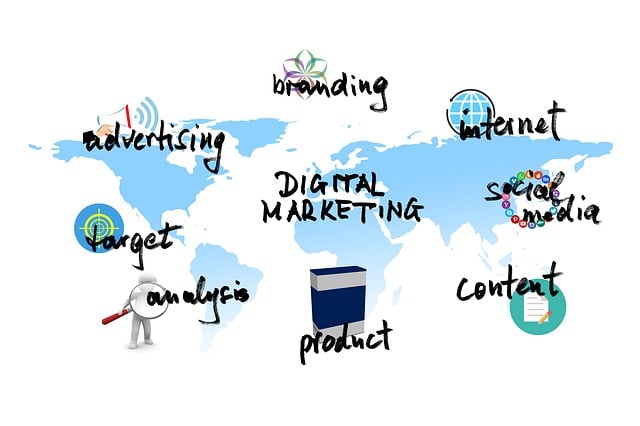AI automation tools for RV service centers enhance customer experiences through 24/7 chatbot support and personalized booking interfaces. These innovations streamline processes, predict maintenance needs, and maximize shop capacity, fostering efficiency, effectiveness, and customer loyalty in a competitive automotive landscape.
In today’s digital age, automotive shops are embracing AI automation tools to revolutionize customer service. From AI-powered chatbots enhancing communication to automated scheduling systems streamlining appointments, these strategies are transforming the way RV service centers interact with their customers. This article explores how AI can automate routine tasks, provide 24/7 support, and improve overall customer satisfaction, positioning your shop for success in the competitive automotive market.
- Revolutionize Service with AI Automation Tools
- Enhance Customer Experience Through Chatbots
- Optimize Scheduling and Appointments with AI
Revolutionize Service with AI Automation Tools

AI automation tools are transforming automotive service, and RV service centers can benefit significantly from this revolution. By implementing intelligent solutions, these businesses can streamline processes and enhance customer experiences. AI chatbots, for instance, can handle initial customer inquiries, providing quick answers to common questions about RV maintenance, repairs, or available services. This not only saves time but also ensures that customers receive instant support, even outside regular business hours.
Furthermore, automation tools can manage scheduling, allowing customers to book appointments online effortlessly. These systems can analyze historical data and predict maintenance needs, proactivating service calls and ensuring RVs are in optimal condition. Such advancements promise efficient, effective, and personalized service, setting RV service centers apart in the competitive automotive industry.
Enhance Customer Experience Through Chatbots

AI automation tools for RV service centers are transforming customer experience, especially through chatbots. These intelligent assistants can handle initial customer inquiries, providing quick responses about services offered, pricing, and estimated wait times. By offloading routine tasks to AI, human agents can focus on more complex issues, improving efficiency and customer satisfaction.
Integrating chatbots into automotive shop operations allows for 24/7 availability, immediate support, and personalized interactions. Customers appreciate the convenience of instant answers to their questions, leading to enhanced overall experience. Moreover, these tools can learn from each interaction, continually refining their responses and improving their accuracy, ensuring a dynamic and evolving customer service solution.
Optimize Scheduling and Appointments with AI

Optimizing scheduling and appointments is a key area where AI automation tools can significantly benefit RV service centers. These intelligent systems streamline processes by automatically managing customer bookings, minimizing wait times, and maximizing shop capacity. By learning from historical data, AI algorithms predict demand patterns, enabling proactive appointment scheduling. This ensures that technicians are available when customers need them most, enhancing overall efficiency.
Furthermore, AI automation tools can provide personalized experiences to RV owners. They offer intuitive booking interfaces, allowing customers to schedule services easily and receive instant confirmations. With real-time updates on appointment availability and potential delays, clients stay informed throughout their journey. This level of convenience and transparency builds customer loyalty and satisfaction, positioning your automotive shop as a modern, forward-thinking business.
AI has the potential to transform automotive shops, from streamlining scheduling and appointments to enhancing customer experience through chatbots. By integrating AI automation tools, RV service centers can revolutionize their service processes, improving efficiency and satisfaction levels. These strategies not only optimize operations but also position businesses for growth in today’s competitive market.
